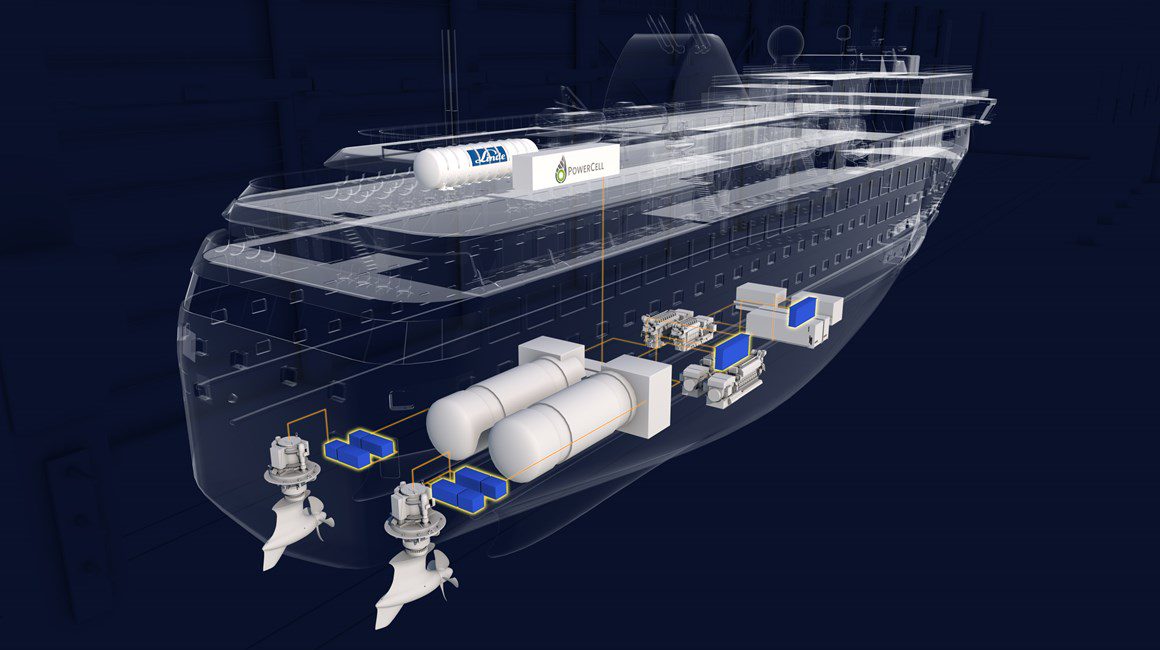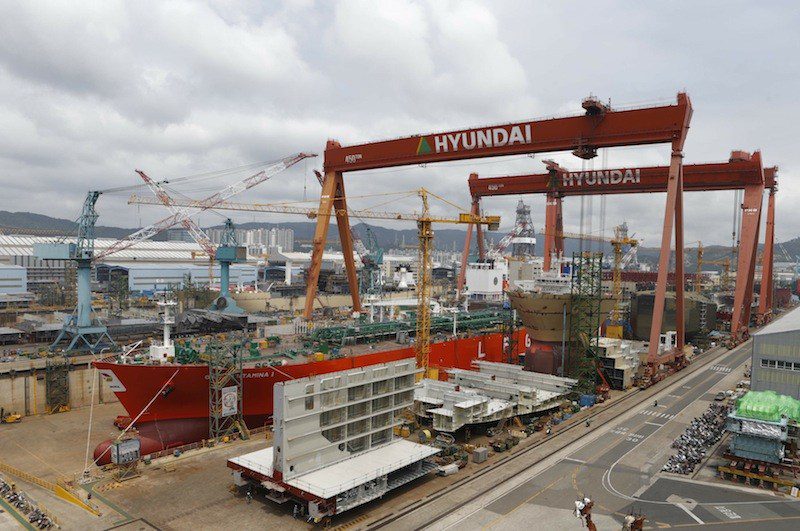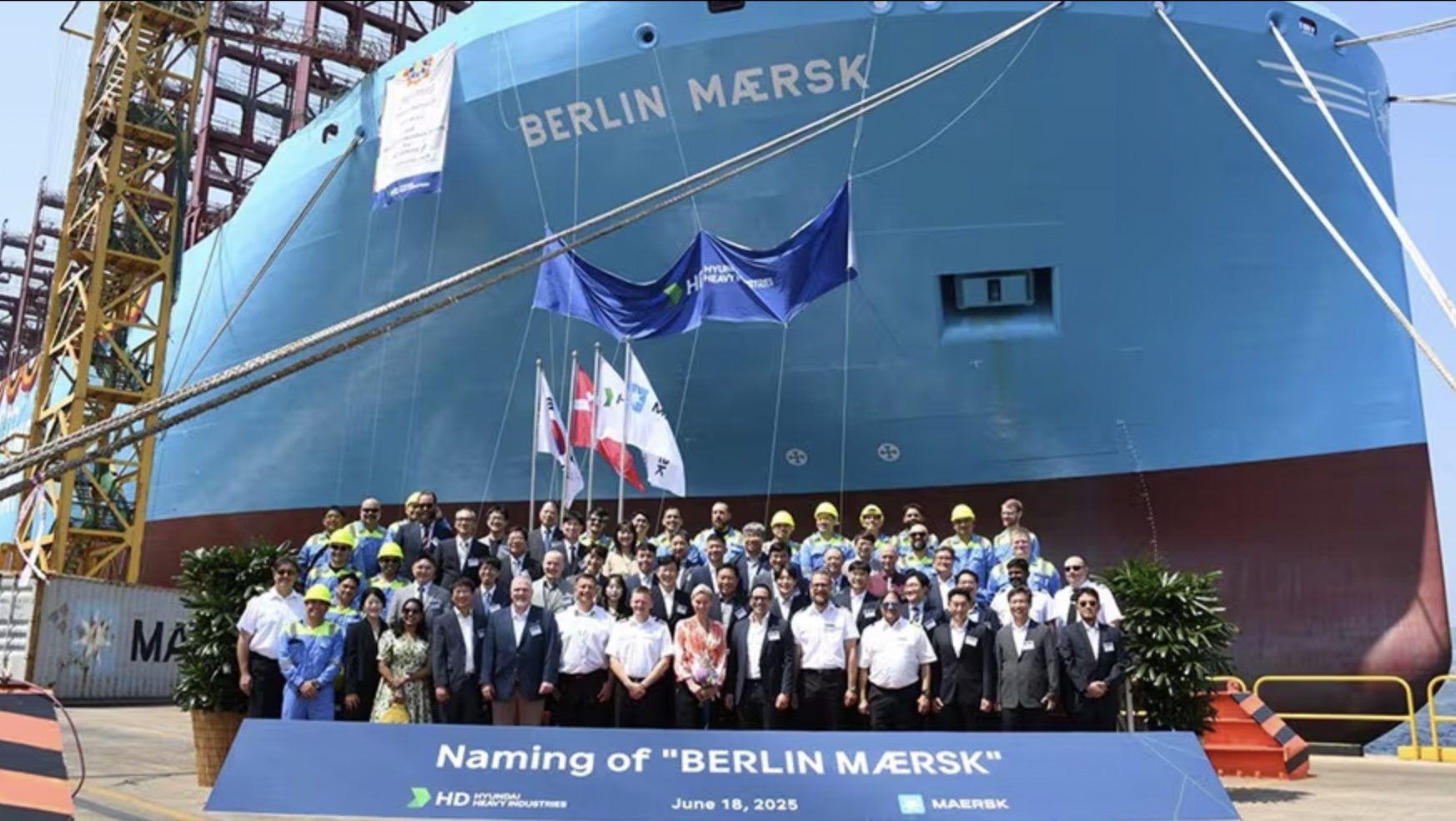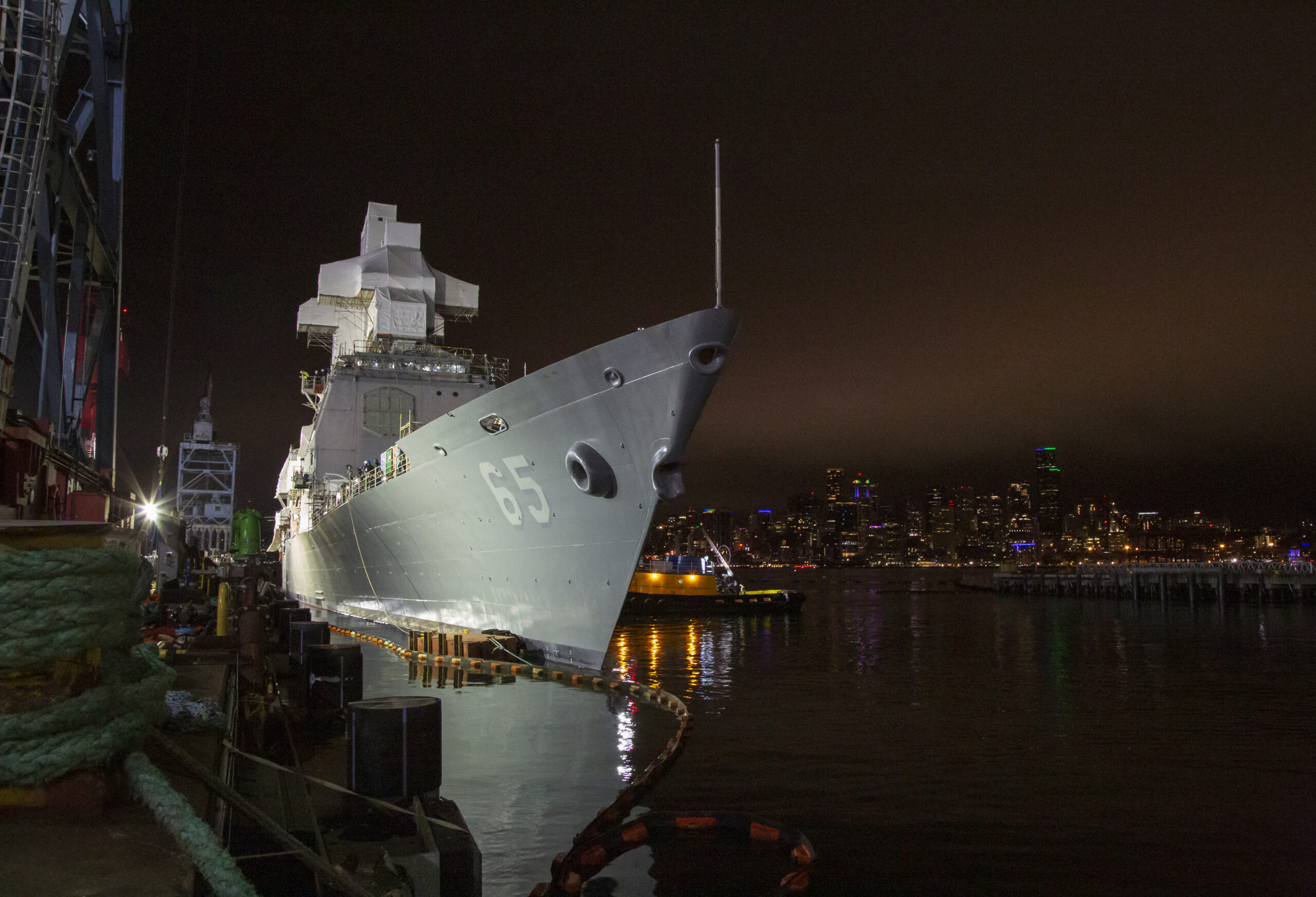Norwegian shipbuilding group Havyard has announced that its new hydrogen propulsion system for large ocean-going ships should be completed next year as the shipping industry looks to hydrogen as a potential alternative fuel to help reduce its carbon footprint.
In anticipation of the launch, Havyard has launched a new company named Havyard Hydrogen AS, which will act as the systems integrator.
Havyard Group has been carrying out research and development in the area of hydrogen propulsion for large vessels for several years. In 2018, the company received over NOK 100 million in funding from the Pilot-E initiative, a collaboration between the Research Council, Innovation Norway and Enova SF, to advance hydrogen-powered coastal vessels. Late last year, Havyard announced the so-called “FreeCO2ast” project was moving into the approval phase and agreements were signed with providers of hydrogen tanks and fuel cells. The ultimate goal of the project has been develop a hydrogen fuel cell system that is powerful enough to install on board a 122-meter newbuild passenger vessel.
Havyard now says it expects the first system ready for approval in principle next year.
“We are seeing increasing interest in the market for hydrogen. This form of energy produces zero emissions at the same time as it is the most technologically mature for large vessels sailing over relatively long distances,” said Gunnar Larsen, CEO of the Havyard Group. “With our know-how and expertise in hydrogen, we are in an excellent position to be among the leading players in the development and delivery of hydrogen systems. We are therefore establishing Havyard Hydrogen AS to offer customers a complete solution for hydrogen-powered ships.”
Hydrogen is produced through an electrolysis process that splits water into hydrogen and oxygen. If the electricity used in the process comes from renewable sources, such as wind or solar, the resulting “green hydrogen” can be zero-emission and also renewable.
Related: Shipping Explores Hydrogen As Route To Net Zero Emissions
Kristian Osnes, manager of product development at Havyard’s R&D department, will be Executive Vice President of the new hydrogen-focussed company.
“We can now offer a system with 3.2 MW fuel cells. This will make it possible for large vessels to sail with zero emissions over longer distances. At the same time, the system is scalable and can be used by both large and small vessels,” says Osnes.
Both Norway and International Maritime Organization have set a goal to reduce carbon emissions from shipping by at least 50 percent by 2050. As part of that goal, the IMO this week approved new measures to boost the energy efficiency of existing ships, on top of previously agreed energy efficiency regulations for new vessels, aimed at reducing the carbon intensity of international shipping by 40% by 2030 compared with 2008 levels.
“If Norway and the rest of the world are to achieve the emission reduction goals, we need solutions that can reduce emissions towards zero. We believe that the timing is right, given that both the market and the regulatory requirements create demand for concrete solutions that can result in substantial reductions in emissions from shipping. It will be very interesting for Havyard to be part of taking these solutions a step further, and thereby contribute to the ongoing green shift,” added Osnes.

 Join The Club
Join The Club











